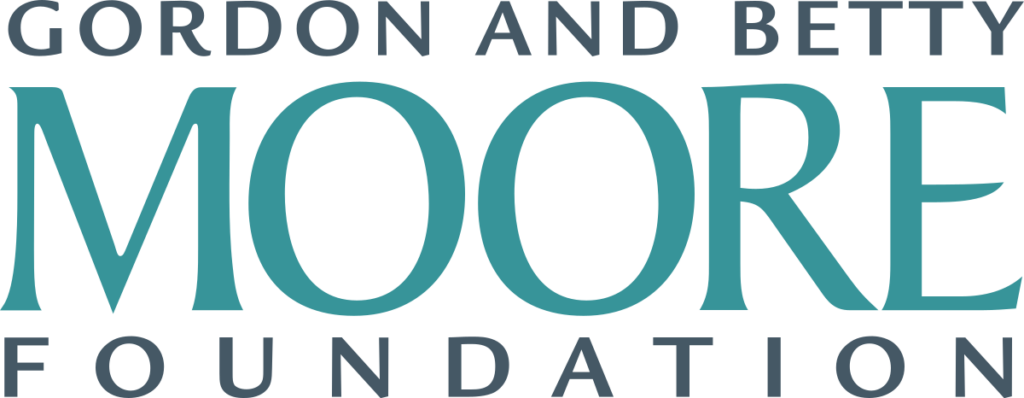Promoting Diagnostic Excellence
Promoting Diagnostic Excellence Across Medicine (DxEx) is a competitive grant program designed to support development of resources and programs focused on diagnostic excellence.
Medical specialty societies are well-positioned to educate and disseminate effective strategies that advance diagnostic excellence among their members through educational programs, including accredited CME, peer-reviewed journals, clinical guidelines, research, and clinical registries. Through this program, CMSS has provided two rounds of direct financial assistance to specialty societies to support the development and dissemination of resources and programs to improve the timeliness, accuracy, safety efficiency, patient-centeredness, and equity of diagnostic outcomes for patients in the United States.
Since the program launched in 2022, CMSS has awarded 22 DxEx grants in amounts up to $100,000 to support, prioritize, and increase visibility of this important and oft-overlooked area of medicine.
Value:
DxEx grants bring much-needed attention, resources, and visibility to diagnostic excellence across the continuum of medical education in order to improve physician performance and patient outcomes.
Multiple grantees presented their work at the CMSS Annual Meeting 2024. The legacy of the CMSS grant program will be greater awareness, attention, and action to prevent avoidable diagnostic harm across medicine.
Resources – New
Several resources are now available that tell the stories of these successful grants and the power of CMSS convening medical specialty societies to improve timeliness and accuracy of diagnosis, safety, equity, and patient-centeredness. The Power of Convening Medical Specialty Societies highlights the collaborative approach and lessons learned related to patient engagement, communication, leveraging infrastructure and relationships, managing change, and addressing equity and bias. Society Summaries feature project goals, accomplishments, products, and key learnings.
Contacts:
Sarah Imhoff, CMSS Program Director
Suzanne Pope, CMSS Senior Advisor
Acknowledgement:
This program is funded by a grant from the Gordon and Betty Moore Foundation with additional support provided by The John A. Hartford Foundation.


Grantees
Round 2 (2023-2024):
- American College of Emergency Physicians (ACEP) – Promoting Diagnostic Excellence Across Medicine in the Older Adult – Ruptured AAA Missed Vascular Event
- American Academy of Dermatology (AAD) – Promoting Diagnostic Excellence: Diversity, Diagnostics, and Dermatology
- American Epilepsy Society (AES) – Improving Clinician Competence in Use and Interpretation of EEG: A Matter of Safety, Quality, and Equity
- American Gastroenterological Association (AGA) – Narrowing Health Disparities in Diagnostic Evaluation of Iron Deficiency Anemia through Clinician-directed and Patient-focused Interventions
- American Society for Clinical Pathology (ASCP) – Promoting Diagnostic Excellence by Improving the Communication of New Cancer Diagnoses
- American Society of Nephrology (ASN) – Promoting the Use and Understanding of the new eGFR Clinical Algorithm
- American Urological Association (AUA) – Promoting Diagnostic Excellence and Health Equity in Urology Care
- American College of Chest Physicians (CHEST) – “How We Do It”: CHEST Experts Weigh In
- College of American Pathologists (CAP) – Promoting Effective Communication of Pathology Results While Meeting the Various Needs of Patients and Members of the Care Team
- Society of Critical Care Medicine (SCCM) – Developing a Feedback Mechanism for Receiving ICU Clinician of Patients with Sepsis
- Society for Vascular Surgery (SVS) – Advancing Diagnosis and Staging for Early Detection and Treatment of Peripheral Artery Disease to Prevent Amputation
Round 1 (2022-2023):
- American Psychiatric Association (APA) – Promoting Diagnostic Excellence in Eating Disorders
- American Academy of Allergy, Asthma & Immunology (AAAAI) – Penicillin Allergy Testing Improving & Expanding Needed Treatment (PATIENT) Program
- American Academy of Ophthalmology (AAO) – Ophthalmology’s First Diagnostic Excellence Initiative
- American Academy of Pediatrics (AAP) – Improving Diagnostic Excellence in Ambulatory Pediatrics: The Pediatric Quality Minute Series
- American College of Physicians (ACP) – Promoting Health Equity Through Excellence in Diagnostic Decision Making
- American College of Surgeons (ACS) – Diagnostic Excellence of Dementia and Cognitive Impairment in the Surgical Setting
- American Society of Anesthesiologists (ASA) – Perioperative Diagnostic Excellence for the Older Adult: An Educational Initiative
- College of American Pathologists (CAP) – Towards a Patient-Centered Pathology Report: A Mixed-Methods Diagnostic Excellence Study
- American Thoracic Society (ATS) – Scaling Up the ICU-PAUSE for Diagnostic Excellence & Equity: A Cross-Societies Collaboration of Intensivists and Hospitalists to Improve Patient Safety at Transitions of Care
- Society of Critical Care Medicine (SCCM) – Using Education and Technology for Accurate and Rapid Cycle Sepsis Diagnoses: Building an Equitable and Quality-Based Diagnostic Excellence Program
- Society of General Internal Medicine (SGIM) – Crowdsourcing to Develop an Educational Intervention on the Diagnostic Process: Special Emphasis on Mitigating Racial Disparities in Diagnosis of Acute Coronary Syndrome
Diagnostic excellence is fundamental to the health and well-being of all people, and especially older adults who often have multiple chronic conditions complicated by frailty,” said Terry Fulmer, PhD, RN, FAAN, president of The John A. Hartford Foundation. “Our organization is very pleased to do our part to support this program and continuously learn how to improve care for older patients. We believe better care for older adults is better care for everyone!
